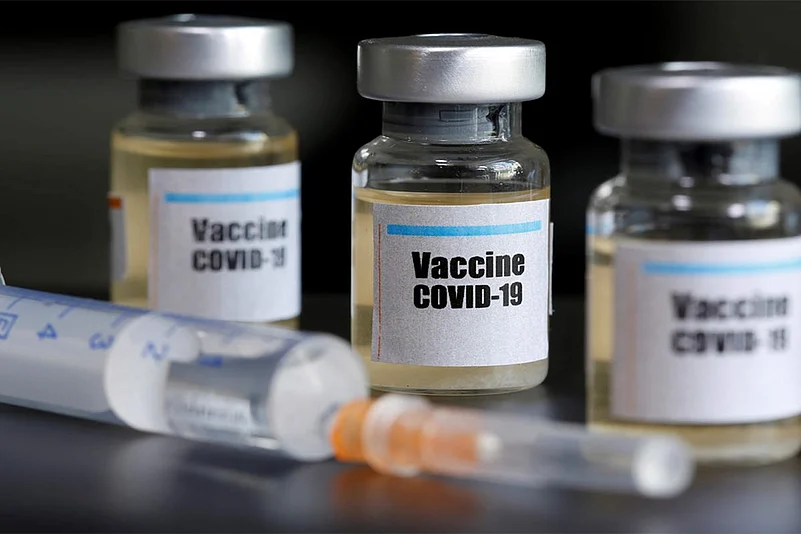Dr Reddy’s Laboratories on February 19 approached the Drug Controller General of India (DGCI) to get emergency use approval for the Russia-developed corona vaccine Sputnik-V. Currently, two Covid-19 vaccines are being used in the country – Covishield and Covaxin, and the entry of another vaccine would further expedite the fight against Coronavirus.
A look at what it would mean for India and its vaccination campaign against the ongoing pandemic.
What is Sputnik V?
Sputnik V uses two different human common cold viruses (adenovirus) that have been modified. This will remove the gene causing the cold infection and instead will replace it with a code to make SARS-CoV-2’s ‘spike protein’ (the spikes seen on the surface of the virus, which allows it to penetrate the cells and replicate).
Advertisement
When a person is vaccinated, the human adenoviruses act as a vehicle to transport this code to the cells. The body then develops an immune response in the form of antibodies to protect it in the event the real virus tries to infect.
In phase 2/3 clinical trials on around 1,500 participants in the country, Dr Reddy’s Laboratories has been testing the vaccine’s safety and ability to provide protection to the Indian population.
According to the company, phase 3 trials are still underway.
What would an emergency approval of Sputnik V mean for India?
In case it gets approved by the regulator, Sputnik V would not only become the third Covid-19 vaccine, but also a potentially more promising vaccine in terms of its ability to prevent symptomatic Covid-19 cases in those vaccinated.
Advertisement
As per the interim results published in The Lancet, the vaccine demonstrated an efficacy rate of 91.6 per cent. The efficacy of a vaccine shows its ability to prevent symptomatic cases of Coronavirus in the population being inoculated.
Despite being slightly less efficacious than the vaccines developed by Pfizer-BioNTech and Moderna-NIAID (which have an efficacy of around 95 and 94 per cent), it is so far the only candidate in India with higher known efficacy than the vaccines currently in use.
In the initial days, India had approved the use of Bharat Biotech’s Covaxin and Serum Institute of India’s Covishield. The efficacy of Covaxin is not known, the efficacy of Covishield, according to its product insert, ranges between 53 to 79 per cent, depending on the duration between the first and the second dose.
What happens now?
After the application to the Central Drugs Standard Control Organisation is submitted, the request will be studied by a Subject Expert Committee. The Hyderabad-headquartered firm will present the safety profile of the phase 2 study conducted with the vaccine as well as interim data of its ongoing phase 3 study.
The Subject Expert Committee will make recommendations if restricted approval should be given to Sputnik V on an emergency basis in India.
The Drug Controller General of India will take a call on whether Sputnik V will be allowed for use in India at this stage on the basis of the recommendations.




















